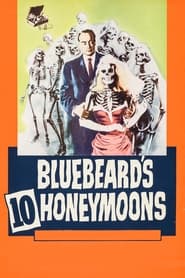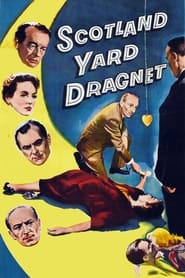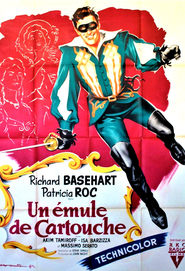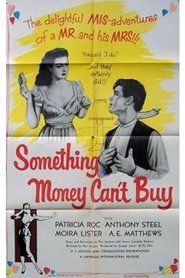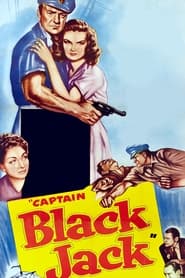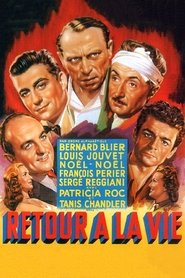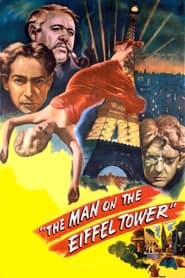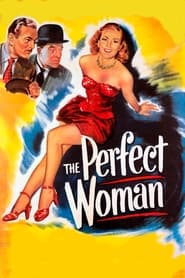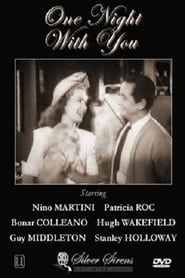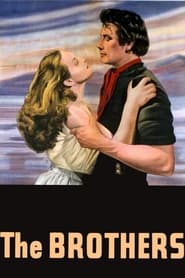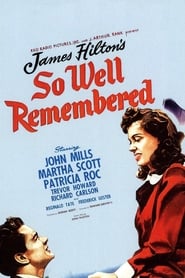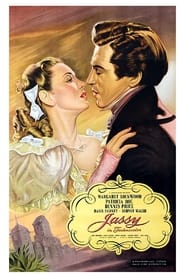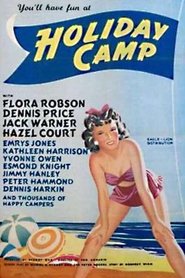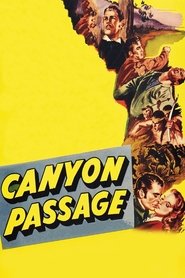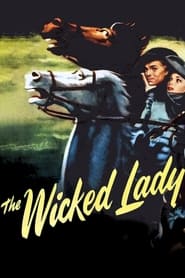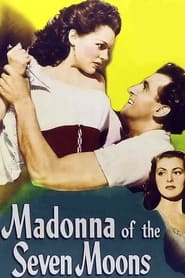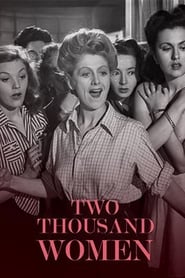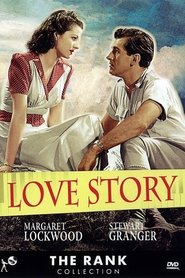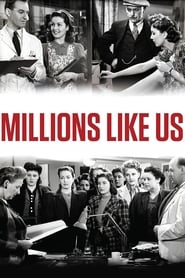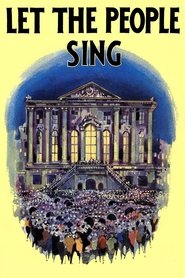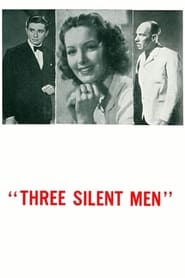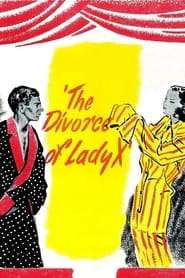Patricia Roc

Known For: Acting
Gender: Female
Date of Birth: June 7, 1915
Day of Death: December 30, 2003 (89 years old)
Place of Birth: Hampstead, London, England, UK
From Wikipedia, the free encyclopedia Patricia Roc (born Felicia Miriam Ursula Herold; 7 June 1915 – 30 December 2003) was an English film actress, popular in the Gainsborough melodramas such as Madonna of the Seven Moons (1945) and The Wicked Lady (1945), though she only made one film in Hollywood, Canyon Passage (1946). She also appeared in Millions Like Us (1943), Jassy (1945), The Brothers (1947) and When the Bough Breaks (1947). She was employed by the studio of J. Arthur Rank, who called her "the archetypal British beauty" She achieved her greatest level of popularity in British films during the Second World War in escapist melodramas for Gainsborough Studios. Roc began as a stage actress, debuting in the 1938 London production of Nuts in May, in which she was seen by Alexander Korda who gave her an uncredited bit in The Divorce of Lady X (1938) and her in a leading role as a Polish princess in The Rebel Son. She had roles in The Gaunt Stranger (1939), The Mind of Mr. Reeder (1939), and The Missing People (1940). She had a bigger part in A Window in London (1940), the comedy Pack Up Your Troubles (1940), Dr. O'Dowd (1940), Three Silent Men (1940), It Happened to One Man (1940), and The Farmer's Wife (1941). Her parts grew bigger: My Wife's Family (1941), Suspected Person (1942), Let the People Sing (1942), and We'll Meet Again (1943) with Vera Lynn. Roc was top billed in Millions Like Us (1943) from Gainsborough Studios. It was a success and Gainsborough gave her another lead, as a nun interned by the Germans in Two Thousand Women (1944). She appeared alongside two of Gainsborough's biggest stars, Margaret Lockwood and Stewart Granger in Love Story (1944), a big hit. Roc played the jealous rival of Margaret Lockwood. She later commented that although they were required to slap each other's faces, she and Lockwood were always the best of friends. Madonna of the Seven Moons (1945), with Granger and Phyllis Calvert, was another success. Neither of them, however, did as well as The Wicked Lady (1945), where Roc played Lockwood's best friend. It was the most successful movie at the British box office in 1946. Roc's more overt sexuality in such films as The Wicked Lady was downplayed for the American market; her décolletage led US censors to call for retakes to de-emphasise it) and "the Goddess of Odeons", whilst Noël Coward said she was "a phenomenon" and "an unspoiled film star who can act". She was also in Johnny Frenchman (1945). Co starring in that film was Ralph Michael who soon after divorced his wife Fay Compton; Roc was named in proceedings. Her brief move to Hollywood to film Canyon Passage (1946) was a lend lease agreement between Rank Pictures and Universal Studios of British in return for American film actors. During filming, Roc was romantically linked with Ronald Reagan, while her US co-star Susan Hayward stated "that Limey glamour girl is a helluva dame." Roc returned to Britain to make The Brothers (1947), a melodrama that was a commercial disappointment. She was in an expensive British-US co production So Well Remembered (1947) which was a hit in Britain but failed to recoup its cost. Jassy(1947), a melodrama with Lockwood, was a big hit. When the Bough Breaks (1947), another melodrama, performed reasonably well.
